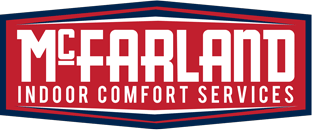How Spring Pollen Affects Indoor Air Quality and Your HVAC System
Spring brings warmer temperatures and blooming flowers, but it also comes with an increase in pollen levels. If you suffer from seasonal allergies, you know how frustrating pollen can be. What you may not realize is that pollen doesn’t just affect outdoor air—it can also impact your indoor air quality. Once pollen enters your home, it circulates through your HVAC system, leading to allergy symptoms, reduced system efficiency, and poor air quality. How Pollen Enters Your Home Pollen particles are incredibly small and can easily find their way inside. They enter through open windows, doors, and even on clothing and shoes. Your HVAC system, which continuously circulates air, can pull in these allergens and spread them throughout your home. Without proper filtration and maintenance, pollen can accumulate in your ductwork, vents, and air filters, worsening allergy symptoms and affecting overall comfort. The Role of Your HVAC System in Indoor Air Quality Your HVAC system plays a crucial role in maintaining clean indoor air. When functioning properly, it helps filter out allergens, including pollen. However, if your filters are dirty or your system isn’t well-maintained, pollen and other airborne particles can build up, reducing efficiency and making allergy symptoms worse. That’s...
View Article